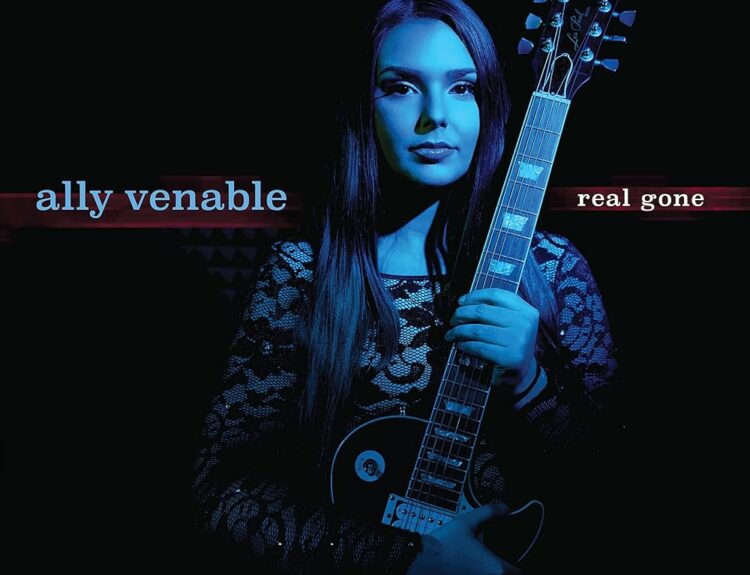The song “Clotilda’s On Fire” by Shemekia Copeland, featured in the 2020 album “Uncivil War,” is a powerful and passionate exploration of social injustices and the struggle for justice. With her soulful and penetrating voice, Copeland addresses important and current themes, offering a significant contribution to the tradition of protest blues. The title itself evokes significant historical meaning. The Clotilda was the last known slave ship to reach the United States in 1860, bringing enslaved Africans despite the official abolition of the slave trade. The mention of Clotilda in the title suggests a direct connection to the injustices perpetrated in American history. “Clotilda’s On Fire” confronts the deep historical wounds associated with slavery and reflects on injustices that still persist today. The song stands as a protest against systemic racism, discrimination, and violence that many communities face daily. Shemekia Copeland, with her gritty and emotionally charged vocals, conveys a message of awareness and commitment to positive change. The music of “Clotilda’s On Fire” is a perfect blend of blues, soul, and rock, with Copeland showcasing her ability to convey emotions through her voice and performance. The use of a sharp rhythm section, accompanied by gritty guitars and soulful vocals, creates an intense and engaging atmosphere that complements the protest message of the song.

The song has received praise from critics and listeners for its honesty and its ability to inspire reflection and action. It serves as an example of how music can be used as a tool for denouncing and raising social awareness, contributing to important conversations about history, equality, and justice. “Clotilda’s On Fire” by Shemekia Copeland fits into the landscape of protest music, highlighting the power of blues in communicating deep social messages. The song continues to spark discussions and reflections, solidifying Copeland’s role as one of the most influential voices in the contemporary blues scene. Her music not only entertains but also inspires and calls for action, demonstrating that blues can be a powerful vehicle for social change.





